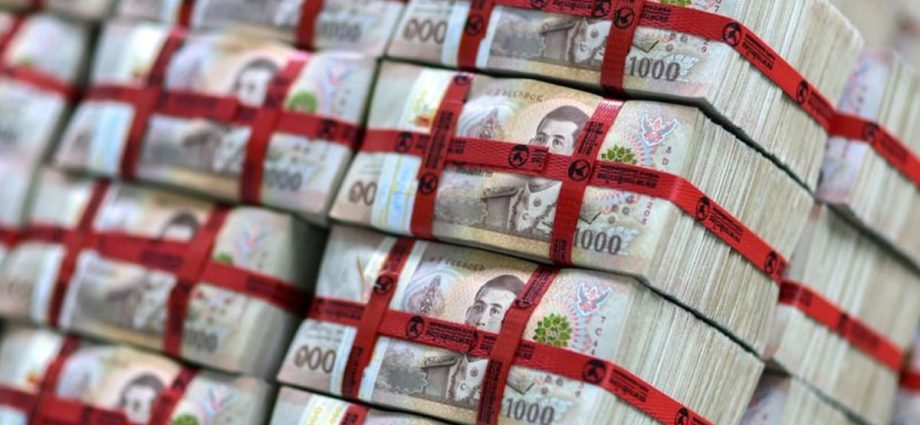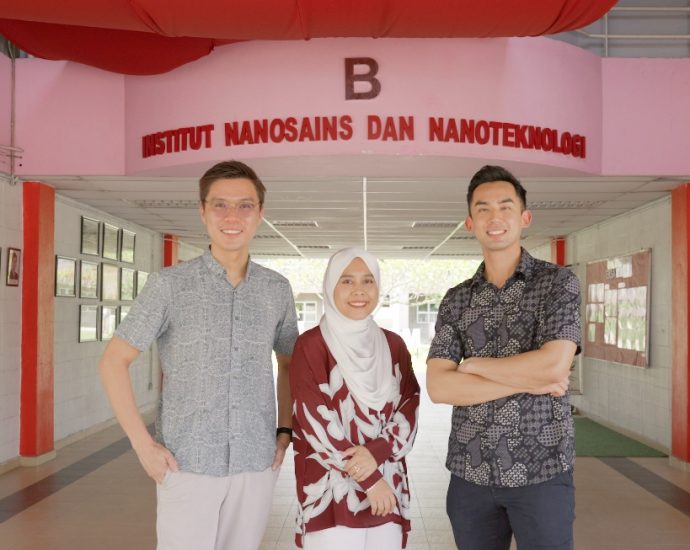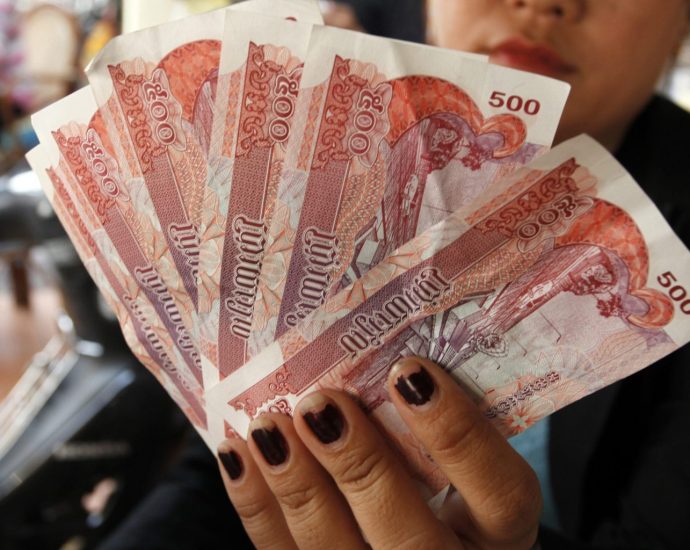Thailand’s pension fund earmarks US$11.6 billion for global investment overhaul
NEW FACES, REFORMIST BACKING Following the recent change in the board of directors, which included some people, who were elected for the first time ever in December, is more extreme. Prior to that, the majority of the members were chosen by the coup-surge supporters in 2014. Next month, two-thirds ofContinue Reading







.jpg&h=630&w=1200&q=100&v=e322934bf3&c=1)

.jpg)









